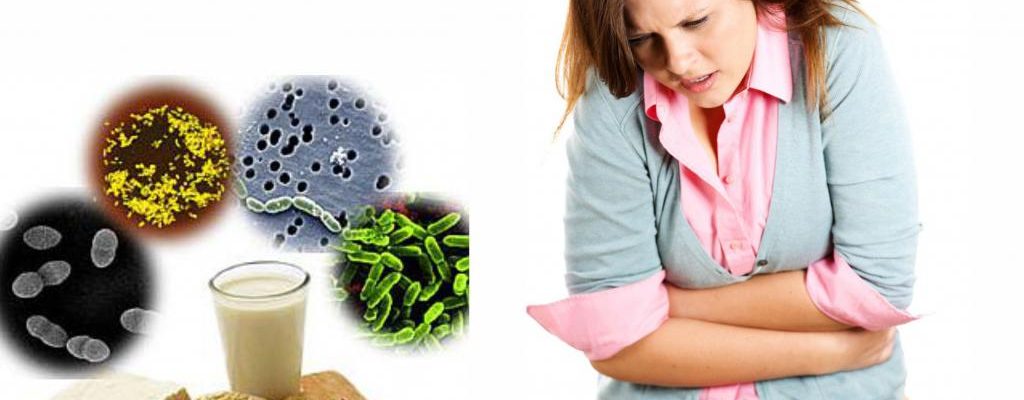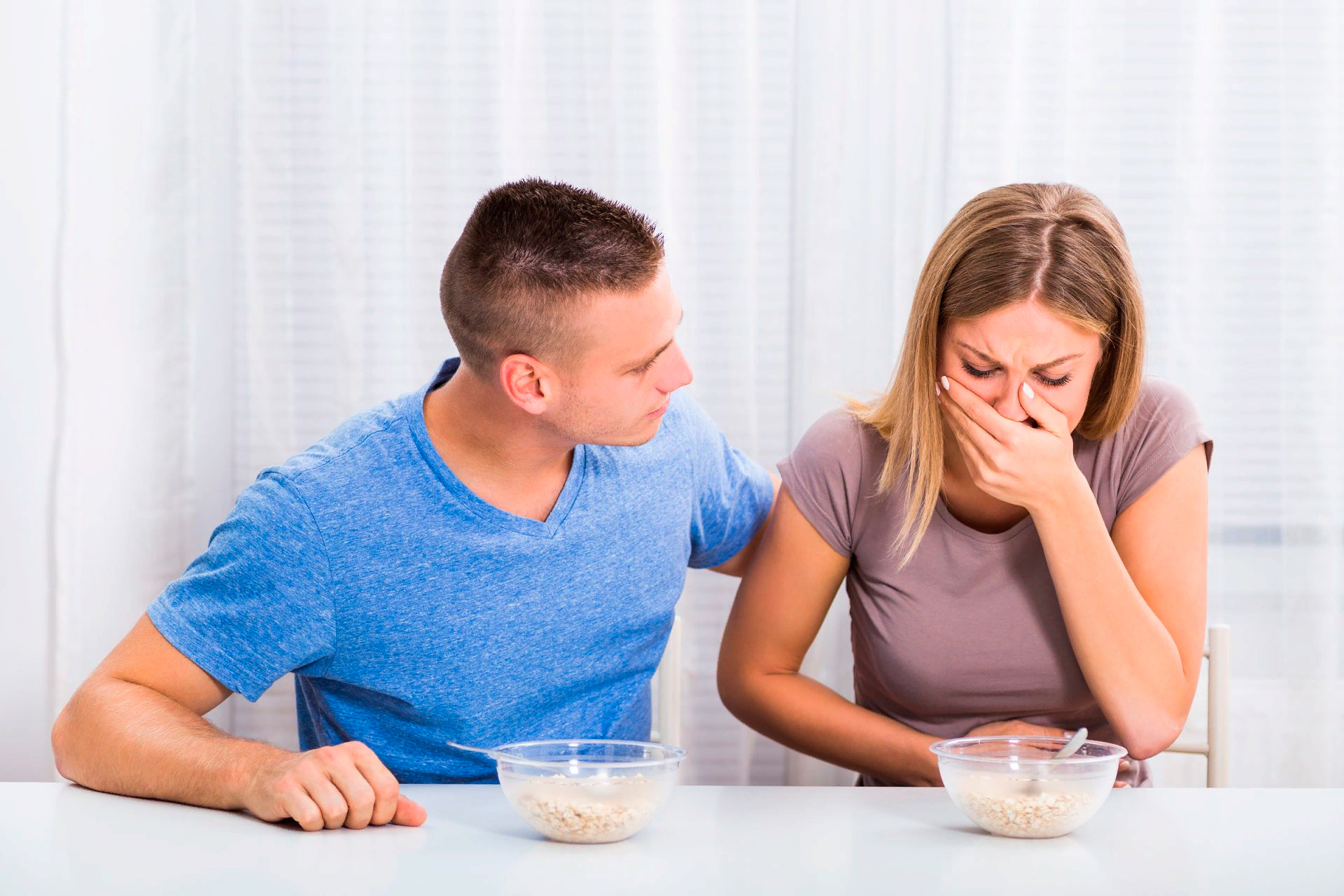
Food poisoning is the illness that results after taking contaminated food which can be deadly. Food poisoning can be divided into food infection and food intoxication. Microbes and bacteria, might strike the body as soon as some food is consumed, this results in food infection. Similarly if we take food that contains toxins like exotoxins, food intoxication takes place. A number of reasons are responsible for food poisoning, which calls for immediate safety measures.
Causes of food poisoning:
- Infectious agents like bacteria, parasites and viruses can incite the process of food poisoning. Poisonous mushrooms, pesticides in vegetables or fruits and also some exotic foods that have been wrongly prepared, can cause the illness.
- A common cause for food poisoning is poor sanitation. Often people handling food do not wash their hands or maintain cleanliness while serving the food. Contamination may result from packaged food that has been stored at unsuitable temperatures.
How to know it is food poisoning Symptoms of food poisoning occur after hours or often days after consuming the contaminated food. Generally it depends on the amount of the food consumed and the agent present in it. Some of the common symptoms include – nausea, diarrhea, vomiting, fever, tiredness, headache and abdominal pain. Suffering from this, the body suffers discomfort that can be treated. Though sometimes it might be dangerous for pregnant women, kids, aged and sick people with low immunity, causing permanent health hazards and even death.
When do you ask for medical help?
- If the abdomen swells up.
- If temperature is higher than 101degree F.
- If eyes and skin become yellow in color.
- If vomiting blood or bloody stools.
- If rash and discomfort occurs on the skin and problems arise in breathing, swallowing or speaking.
Diagnose food poisoning The doctor measures the blood pressure, pulse and temperature and may carry out certain tests like rectal examination, urine test, blood test, abdomen x-ray and even a CT scan.

How can food poisoning be treated at home?
If the symptoms are less severe then treat it at home first. Drink plenty of fluids in small amount, as that will remove dehydration. Completely avoid coffee, alcohol and other soft drinks. You can eat easily digestible food like rice, potatoes, bread and low sugar cereals.
Medical treatment Medical treatment re-hydrates the body via IV and drinking fluids. Anti-vomiting medicines are also administered along with diarrhea medicines. If food poisoning is severe due to mushroom poisoning or pesticides in food, then it is pumped out of the stomach. This needs proper medical care else it can be fatal.
How can you prevent food poisoning?
We all know that prevention is better than cure. So, clean habits while cooking or handling food can help you avoid this condition. Even make sure that sanitation is maintained where the food is stored for future use. Always follow food safety guidelines that will reduce risks of contamination.
Few things you should keep in mind:
- Check the package of the item to ensure it is not leaked or torn.
- Get cold foods home as quickly as possible.
- Check the expiry date on the foods.
- Store poultry and raw meat away from other foods.
- Always keep foods refrigerated.
- Check bacterial growth in the refrigerator by keeping it at 40 degree F and 0 degree F for freezers.
- Wash hands after cutting meat, fish and poultry.
- Maintain proper cooking temperature for meat and poultry.
- Be cautious about bacteria as it grows in room temperature.





